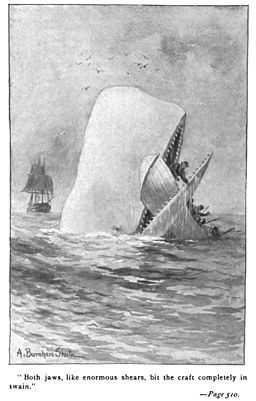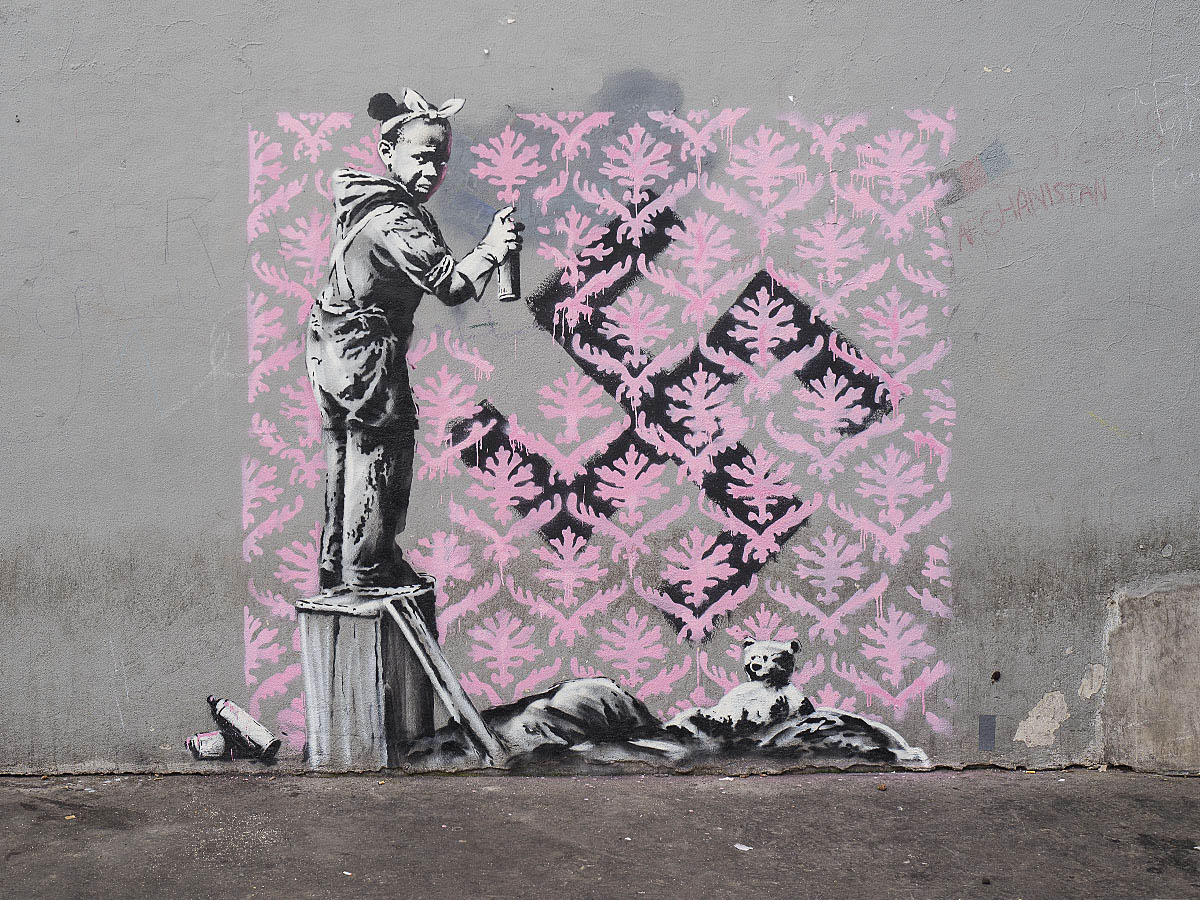Seventh Sunday after the Epiphany | Luke 6:27-38
Love your enemies. Do good to those who hate you. So who thought this was a good idea?
Do to others as you would have them do to you. Most of us are good with this one. We can wrap our minds around it, and it isn’t even specific to Christianity — there are other flavors of the golden rule floating around out there. We like the idea, until we realize that “others” includes everybody, including our enemies.
Loving our enemies? It makes no sense. It’s impractical and unproductive behavior. Unpatriotic, one might say. From people in the next booth at the Waffle House to military strategists, everyone will tell you that helping your enemies is not a sound principle.
What we all really want is to discourage, even punish, negative behavior — anything negative toward us, that is. Whether on a personal or a cultural or a national level, we want to intimidate our enemies. Nuke the bastards. Turn their houses into radioactive ash heaps, and you won’t have to put up with them anymore.

And if we are a righteous, God-fearing people — we may substitute the name of our country, people group, or militant bridge club here — God is on our side, right? It isn’t about resentment or petty retribution. It’s now the judgment of a wrathful God upon our enemies. Right?
I confess that I have a list. There are people whom I’d like to see fall through an open manhole cover into a disease ridden sewer to land on the snout of the largest, most evil, ravenous, albino (because that’s weird and more frightening), man-eating, ebola-infected, urban crocodile ever imagined, with only prolonged and ragged screams ever emerging from that darkened pit.
Ok, maybe I’ve spent a little too much time thinking about it, but I’m not the only one.
The gospel message is that we ought not feed the darkness. To a degree, as with the Do Unto Others teaching, we can go along with it, but for most of us the notion that there is something worthwhile in every person loses steam in the face of certain individuals. Hitler is the classic example, but I’m sure we could all name less famous folk, some a great deal closer to us.
James Thurber wrote a story called The Secret Life of Walter Mitty. It’s a hilarious tale of an ordinary man who fantasizes about being extraordinary. A famous pilot. A brilliant surgeon. We laugh, until Mitty’s secret fantasies begin to hit home for us, and then we smile to cover our discomfort.
Most of us have pictured ourselves as heroes, destroying the bad guys. If we’re more passive, we imagine getting the phone call informing us that our enemy is humiliated, or ruined, or dead. And plenty of quiet grandmothers have imagined using a cast iron frying pan in non-culinary and extremely satisfying ways.
Most of us spend too much time thinking about the past. We drag up old resentments, slights, losses, injuries, and we make them into the central plot of the mental play of our lives. The movie plays in our heads relentlessly, and we keep watching, never imagining that we could change the channel.
Let’s be honest. We don’t want to love our enemies, even if we knew how. That’s the whole point of having them in the first place.
Paul, writing to early Christians in Rome, tried to put some spin on it — by doing good to our enemies, he wrote, we pour coals of fire on their heads. That sounds encouraging, and I can think of at least a dozen people who’d look great with their heads on fire. Unfortunately, Paul didn’t explain the mechanism by which it works, and we remain unconvinced.
Test yourself. Think of the worst person you know, the bottom (or top as it may be) of your list, and then imagine that you were given carte blanche. You could do anything you liked, and no one would ever know — no reprisal, punishment, or rocks to be thrown your way. What would you do?
Me, too. I wouldn’t even have to ponder it very long. It’s why so many of us secretly enjoy the Beatles’ Maxwell’s Silver Hammer.
So what do we do with this Love Your Enemies business? Most of the world’s inhabitants ignore it as dubious advice from a man who ended up crucified by his enemies. See where it got him?

On the other hand, if we do have the inkling (let alone actual faith, but who has that?) that there is a God, or if we consider that we are all connected, or if we can accept that there is something greater than our own personal interests, then we’ve got to consider some possibilities.
For one thing, maybe doing good to our enemies introduces, activates, or confirms some value, worth, and possibly life changing power in their lives. Damn it. Maybe they are our enemies for reasons we do not see — in the movies playing in their heads, we are the ones who acted wrongly or who deserve their disdain. Or maybe they are truly loathsome people — some people are — but the nature of our response can undermine their world view. Maybe.
Another possibility is that doing good to our enemies adds intrinsic value to the universe. There may be other universes, other planes of existence, but here we are in this one. Making our universe a better place is our responsibility. Nobody is going to do that for us.
The best reason may be personal — doing good to our enemies has some intrinsic value for us. Yes, my imagination fails as well, but there it is. Helping another person, particularly when there is little question of reciprocity, has a greater effect on us than on them. It changes our estimation of their value as a person. It shifts the plot of the movie in our heads.
You don’t even have to be a Christian for these ideas to work. Compassion and forgiveness are embraced in many traditions, religious and non-religious ones. Compassion makes us better humans. Empathy and understanding make for more peaceful communities. And it is difficult to put out a fire by adding fuel.
The whole point is to stop thinking of ourselves as separate from everyone else. That’s hard to do, particularly in America, where our entire national mythos is built around the rugged individual.
This Gospel notion, though, isn’t for me, or you, or for that jerk over there. It’s for all of us. All inclusive. This Kingdom of God idea includes everybody, or at least invites everybody. No exceptions, no matter how much we’d like to submit a list of rejects. In Buddhism, the notion of connectedness hasn’t been diluted by western individualism, but Christianity has to reach for it.
We might even find that people we think are our enemies really aren’t. They may not even give us much thought. Of course, that isn’t always the case. There are dangerous people out there. Hate groups. Neo-nazis. Terrorists. Thinking that our response to our enemies is a purely personal act, as opposed to a broader cultural or national one, is also dangerous. It limits our possibilities, and it limits our understanding of our responsibilities. How we as individuals choose to act is important, but we are not relieved of responsibility as members of a community, a culture, a religion, a nation, a civilization.
What does it look like, this doing good to our enemies? A lot of it is obvious. Some of it isn’t.
If I see a person in need and do nothing, am I their enemy? If I see someone being harmed, oppressed, held down, injured by individuals or by society or by some groups in that society, and I do nothing, am I their enemy? Maybe I am.
And religion, particularly Christianity, doesn’t have a good track record on this one. Plenty of Christians used faith based arguments — wrongly, of course — to justify slavery. Today, plenty of Christians use faith based arguments against LGBTQ people — again, wrongly, although this would be an entire topic of its own. How is hatred and exclusion and intolerance furthering the kingdom of God? Even if Christians could manage to justify regarding some people as enemies of their faith, the gospel commands a response of love and of doing good.
Instead, Christianity has often become a bastion of exclusion, intolerance, and hatred disguised as religious observance. That’s not what the gospel preaches, people. I don’t know what label to put on the exclusionary and intolerant form of religion often practiced today, but it isn’t Christianity. It is something else, dressed up in the forms and language and symbolism of the Church.
To put it another way, Christianity has become its own worst enemy. Being excluded by Christians can be harmful, in real and in dangerous ways. Being within the Christian world can also be toxic — we may find that we are our own enemy. And it may be that loving our enemies begins uncomfortably close to home, maybe even inside our own heads.
When we love our enemies, we are reaching. And we’re remembering that we are not able to place ourselves in a different world than they occupy. We’re in this thing — love it or hate it — together, and we need to embrace it. And one another.
Bernard of Clairvaux, in his work On Loving God, concluded that the best and strongest reason to love God is God — love is its own reward. In Luke’s gospel we hear that “the measure you give will be the measure you get back.”
Perhaps that is the reason to love our neighbors, our enemies, ourselves. The love we give is the love we get.


